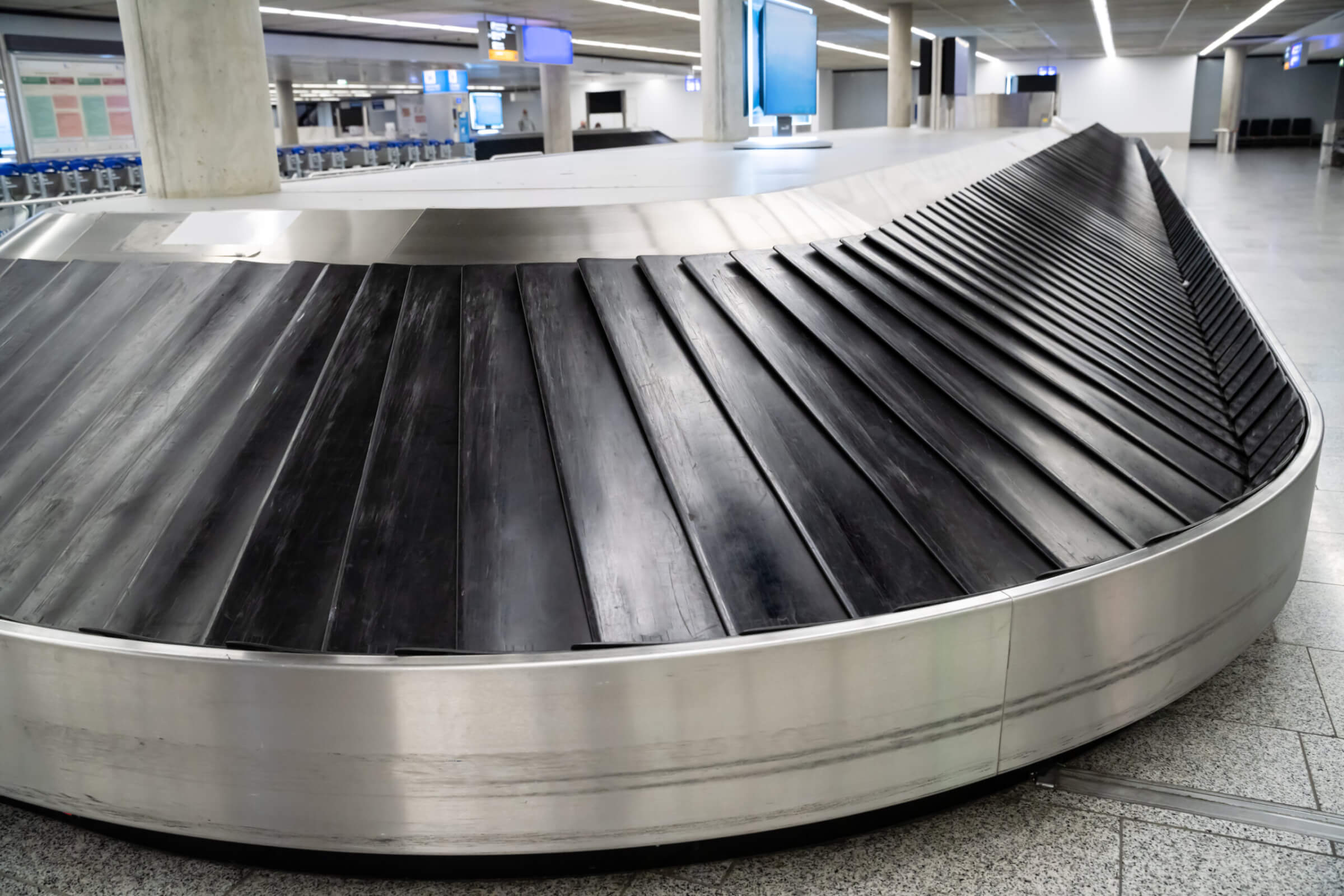
Organising and going on a holiday is already stressful enough without having to think about your luggage going missing but according to the latest research from Compare the Market, one in three Australians (31.7%) have lost their luggage while travelling.*
Millennials are perhaps the unluckiest generation, with 37.5% of those surveyed admitting they’ve jetted off on their holidays while their luggage was left on the tarmac. Less than a quarter of Gen Z stated that they’ve watched the baggage carousel come around without their luggage.
| Generation | % of people who have arrived at their destination without their luggage |
| Gen Z | 24.8% |
| Millennials | 37.5% |
| Gen X | 30.6% |
| Baby Boomers | 30.2% |
| Australian Average | 31.7% |
The research also found that over half of those who arrived at their destination without their suitcase got it back within days, while 3.1% never saw it again.
| Time it took to return the lost luggage | % of respondents who have lost their luggage |
| Within hours | 14.5% |
| Within days | 55.4% |
| Within weeks | 18.2% |
| Within months | 8.8% |
| It was never returned | 3.1% |
Compare the Market’s General Manager of General Insurance and travel insurance expert, Adrian Taylor, spoke about what people can do if they find that their belongings did not make it with them to the destination.
“There’s an inherent trust that we put in airlines once we check our bags through that we’ll see them on the other side, but as we can see, sometimes our suitcases could be a couple of days behind us. This can be extremely frustrating to travellers who rely on having clothes to change into, not to mention being reunited with their personal belongings as they begin their holiday,” Mr Taylor said.
“The first thing I would suggest to people who lost their suitcase in transit would be to flag it with their airline carrier before they leave the airport and see if there’s potentially any compensation that they could provide for losing the luggage. However, people should note that at this stage the luggage is only considered delayed by the airline and will be up to the first 21 days.
“Once the lost luggage report has been lodged, it’s best to get in contact with your travel insurance provider, if you have one, and let them know. If your policy includes luggage cover, which it will in most cases, your insurer may be able to reimburse you for any replacement costs associated with buying essential items at your destination until your luggage arrives. However, always check the Product Disclosure Statement of your policy to know exactly what you’d be able to claim in this circumstance.”
“If you’re one of the 3.1% of unlucky people that never sees your luggage again or it’s been considered ‘lost’ by the airline, you may be entitled to monetary compensation from the airline, and your travel insurance may also pay out the difference between the reimbursement from the airline and the value of your personal belongings, based on the travel cover that you have.”
Even if your luggage does make it to its destination with you, there are still plenty of chances for people to lose their personal belongings. According to Compare the Market’s research, almost half of Australians surveyed (47.8%) have lost items during their holiday.
The most common item loved, lost and left behind was chargers (42.6%), while clothing items and shoes were lost at a similarly high rate (40.9%). Surprisingly, of the people who admitted to losing items on their vacation, 6.3% had lost some form of identification such as their passports or driver’s licence.
| Item lost | % of respondents who have lost an item |
| Chargers | 42.6% |
| Clothing/shoes | 40.9% |
| Electronic devices | 17.8% |
| Jewellery or watches | 17.2% |
| Wallet/purse | 12.6% |
| ID documents (including passport, driver’s licence, etc) | 6.3% |
| Other | 5.0% |
“Nowadays, there are many different ways that people could try and protect their belongings from being stolen or left behind, such as anti-theft bags or only packing bright clothes so they stand out in your accommodation, and you don’t forget to pack them.” Mr Taylor said.
“But the number one thing people should pack is their travel insurance, no matter if they are doing a month-long Europe trip or a simple week away interstate.
“Having travel insurance does not only cover people for their lost or stolen items, but it could cover the costs of travel delays, medical expenses, emergency accommodation and even rental car excess, depending on your level of cover.
“Each travel policy out there is different, which is why I would advise anyone thinking of taking out travel insurance to compare the inclusions and exclusions across each policy to find one that best suits their needs.”
*Compare the Market surveyed 1,002 Australian adults aged 18 and over in June 2023.
-ENDS-
For interviews and more information, please contact:
Noémi Hadnagy | m: 0433 377 252 | e: [email protected]
Compare the Market is a comparison service that takes the hard work out of shopping around. We make it Simples for Australians to quickly and easily compare and buy insurance, energy, travel and home loans products from a range of providers. Our easy-to-use comparison tool helps you look for a range of products that may suit your needs and benefit your back pocket.








